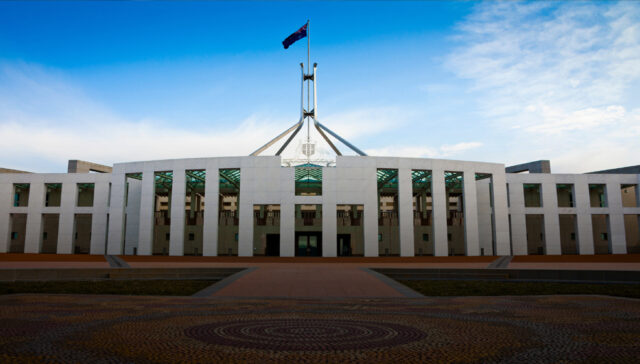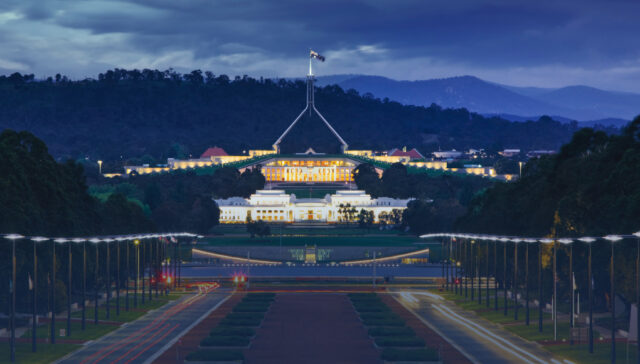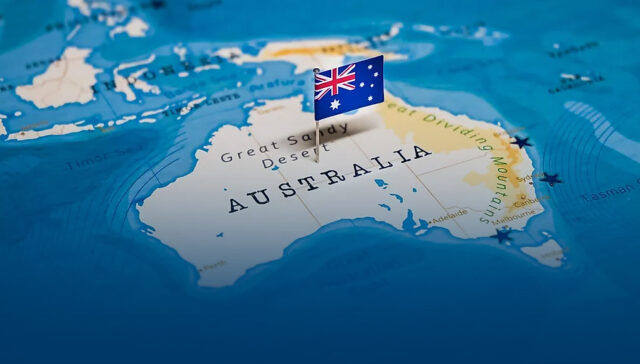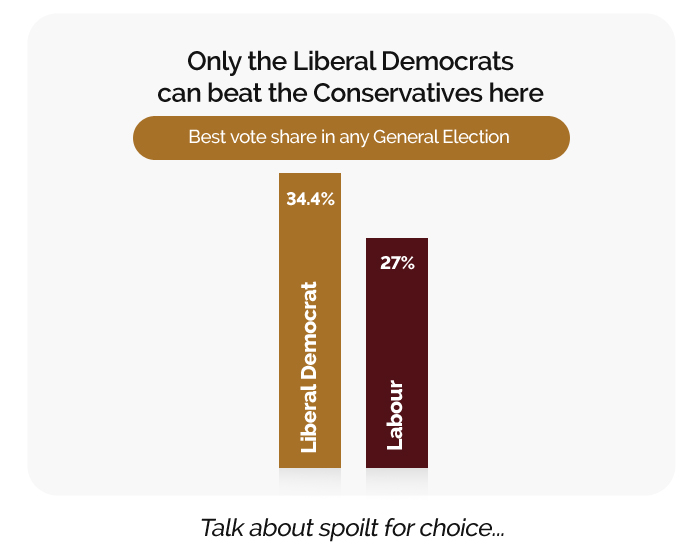Know Thy Enemy
We all love to hate politicians, understandably so, and the last thing I want to do is advocate that we start treating politicians nicer. But it is important to identify the true threat to liberty.
STARRY-EYED BEGINNINGS
Whether we agree with them ideologically or not, it is true that most politicians begin their career with a genuine desire to improve their community. While there certainly are some that are drawn to the power and prestige that politics can bring, these are a minority.
Most politicians fall into one of two camps: fed-up professionals or lifelong activists who perceive an issue they genuinely feel needs redress. While we may disagree with the catalyst that ignited their passion or the solutions they prescribe, it is difficult to disagree with the sincerity of their conviction. Most of us who are politically active have felt this way before.
Recent proposals to increase the number of parliamentarians were widely welcomed, even among libertarians.
THE DEEP STATE
The biggest threat to liberty is something that has existed as long as government, but has grown exponentially over the last half century. It has gone by many names, recently portrayed in shadowy terms with conspiratorial overtones.
While the preferred modern verbiage is “the deep state”, it is nothing more than the faceless bureaucrats who comprise the ever-expanding three- and four-letter agencies of the executive government.
Western democracies, particularly those with Anglophonic origins, typically separate government into three arms: the legislature, the judiciary and the executive. The legislature, or parliament in Australia, is the part of government most of us think of whenever that unfortunate thought enters our mind – the part that democracy makes accountable to the people. The judiciary consists of judges and courts – the determiners of fault. While the executive government is far more nebulous and ambiguously defined – often referred to as “the enforcer”.
THE EXECUTIVES
The most obvious example of the executive government is the police: they enforce the laws that parliament creates, purportedly regardless of their view on such laws, and bring alleged offenders before the courts where fault is determined. Or at least, this is how it is supposed to operate. While I am sure there are still plenty of police officers enforcing laws they don’t agree with, police departments have included the additional function of political lobbying in the last few decades – and this is only increasing.
It wasn’t that long ago that most police departments were made of willing and capable men who were simply looking out for their community – much like the starry-eyed politicians mentioned earlier – often on a voluntary or part-time basis.
it is true that most politicians begin their career with a genuine desire to improve their community.
Now all police departments are highly formalised, employing many thousands of full-time officers, that regularly pressure the government to introduce ill-conceived laws for the primary purpose of making their jobs easier and safer. And while I wish no harm on our police, separating powers means the enforcement arm should not influence the law-making arm.
BLURRED LINES
Police are not even the most egregious offender. How about the Commonwealth Department of Education? It employed nearly 125,000 people in 2022, not one of whom taught a single student; all of them effectively lobbyists or busybodies; all of them pressuring the government to implement their agenda or enforcing compliance against teachers – you know, the ones who actually teach students – who dared not adopt their curriculum, whether deliberate or inadvertent.
The executive comprises the vast majority of the totality of government: the few hundred people we elect and their staff are effectively a rounding error. And as government grows, it is entirely within the executive government. Recent proposals to increase the number of parliamentarians were widely welcomed, even among libertarians.
TYRANNICAL ENDINGS
And it is this growth that makes our starry-eyed politician almost doomed to fail.
Government is so big it is near impossible for politicians to have sufficient knowledge, no matter how well intentioned. So they turn to the bureaucrats, who face no public accountability and often spend decades in their cushy jobs, who spoon feed them their agenda.
Even if our starry-eyed politician has some hesitation, he shrugs his shoulders and tells himself: well, I guess he’s the expert.










